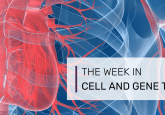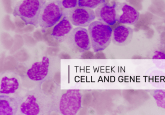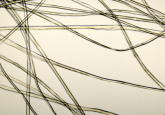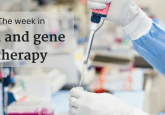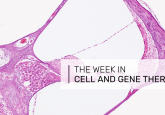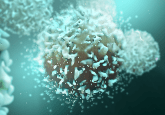Top 3 grants in regenerative medicine: March 2024
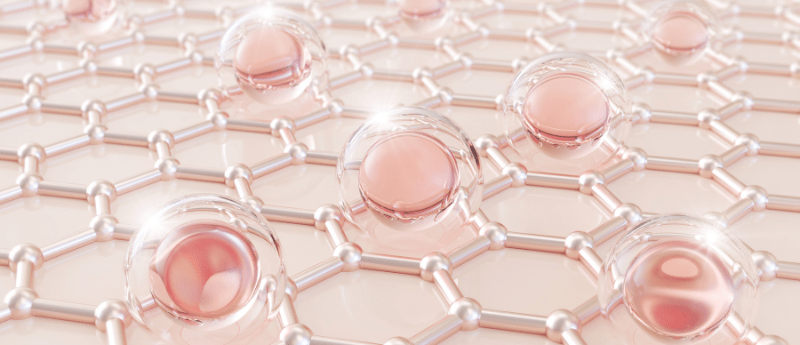
This month’s top grants in regenerative medicine, sourced from Dimensions, include projects on investigating the role of CD47 in hindering the removal of dysfunctional aged muscle stem cells to enhance muscle regeneration in older individuals, developing allogeneic pluripotent stem cell-derived photoreceptors to treat retinal disease and enhancing bone regeneration following tumor resection.
Check out this month’s top grants in regenerative medicine:
Targeting CD47 to enhance muscle regeneration in aging
Aging is associated with a decline in muscle mass, strength and regenerative capacity, which leads to reduced mobility and quality of life. Consequently, there is a pressing need for treatments aimed at enhancing muscle regeneration among the elderly population. Muscle regeneration is driven by muscle stem cells (MuSCs), but their function deteriorates with age and the mechanisms behind this decline are not well understood.
Previous research revealed a potential role of CD47, an immunomodulator, in regulating MuSCs function. This study aims to investigate whether elevated CD47 levels on aged MuSCs send a suppressive signal that blocks the immune system’s ability to eliminate dysfunctional aged MuSCs. The researchers hypothesize that blocking CD47 with a specific antibody will facilitate the removal of defective aged MuSCs from skeletal muscle, potentially improving muscle regeneration after damage. These findings could pave the way for therapies targeting aged stem cells to enhance muscle regeneration in older individuals.
Funding amount: US$434,810
Funding period: 1 March 2024 – 28 February 2027
Funder:Novo Nordisk Foundation (Hellerup, Denmark)
Research organization: Aarhus University (Denmark)
Pluripotent stem cell-derived photoreceptors to treat retinal disease
Degenerative retinal diseases account for around 26% of global blindness, and the high cost of treatments like gene therapy, optogenetic tools, photosensitive switches and retinal prostheses limit their accessibility. Transplantation of photoreceptors holds promise provided a source of cells is readily accessible. Pluripotent stem cells (PSCs)can be leveraged to generate functional photoreceptors for this purpose, however, immune rejection hinders the long-term integration of allogeneic transplants.
To address this challenge this project proposes developing hypoimmunogenic PSC-derived photoreceptors and evaluating their efficacy in evading immune responses and restoring vision in advanced retinal degeneration models. This innovative approach aims to create a scalable PSC-derived photoreceptor transplantation platform, revolutionizing treatment for millions of individuals with retinal diseases.
Funding amount: US$2,601,182
Funding period: 1 March 2024 – 28 February 2029
Funder: UK Research and Innovation (Swindon, UK)
Research organization: Newcastle University (UK)
Enhancing bone regeneration following tumor resection
Osteosarcoma and Ewing sarcoma are prevalent cancers among individuals under 30 years old, typically treated with bone tumor resection followed by limb salvage through tissue reconstruction. Titanium and its alloys are commonly utilized in orthopedic surgeries due to their biocompatibility and robust mechanical properties. Despite advancements like 3D-printed porous titanium implants, post-surgical reconstruction remains incomplete, leading to complications and the need for further interventions.
This research proposes integrating patent-protected bioactive materials into 3D-printed porous titanium implants, optimizing their formulation and incorporation methods. These implants will undergo testing for biocompatibility and osteointegration in vivo using critical-size bone defect models. This novel technology is anticipated to enhance bone regeneration post-tumor resection, reducing complications and significantly improving the quality of life for bone cancer patients.
Funding amount: US$162,079
Funding period: 1 March 2024 – 31 August 2025
Funder: European Research Council (Brussels, Belgium)
Research organization: Tel Aviv University (Israel)
